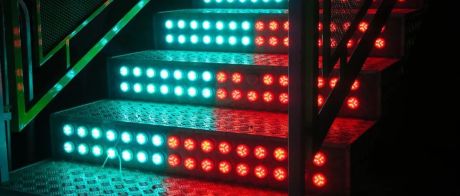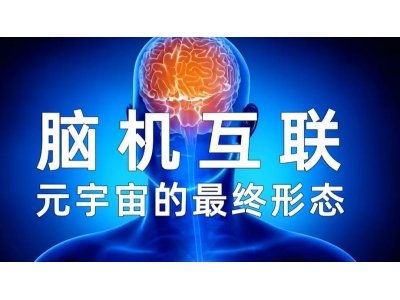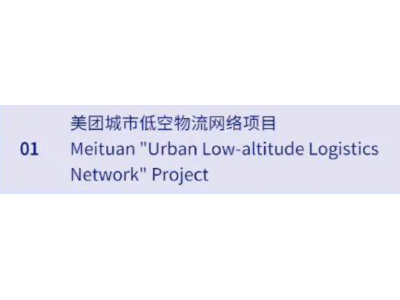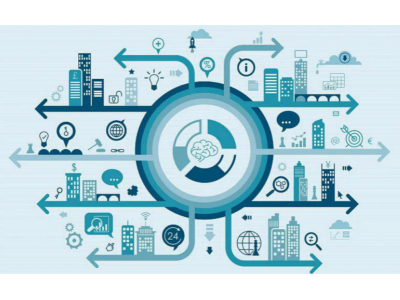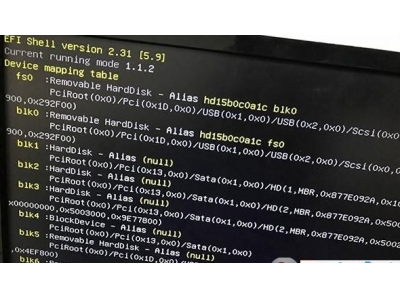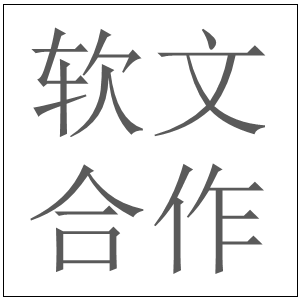人工智能是不是走错了方向?(4)
扫一扫
分享文章到微信
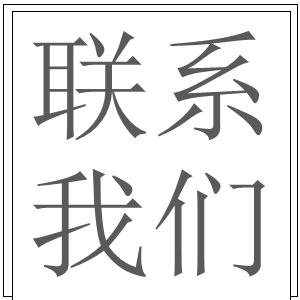
扫一扫
关注99科技网微信公众号
这个问题没有简单的答案。这取决于您所说的“走错方向”是什么意思。如果你的意思是当前的人工智能研究并不专注于创造更像人类大脑的人工智能,那么是的,你可以说我们走错了方向。但是,如果您的意思是当前的 AI 研究不专注于创造比人脑更智能的人工智能,那么答案就不太清楚了。人工智能研究没有一个正确的方向,可能需要不同的方法来创造既像人脑又比人脑更智能的人工智能。
然后,GPT-3针对第一个问题作出了回答:我不信大脑每天都在大量的傅里叶变换,来处理视觉和声音数据。
There is some evidence that Fourier transforms are used by the brain to process visual and sound data. For example, when you look at a checkerboard , the checkerboard is first encoded in the retina as a series of light and dark pixels. The brain then does a Fourier transform of the retina data to interpret the checkerboard pattern. Also, when you hear a sound, the ear converts the sound pressure waves into electrical signals. The brain then does a Fourier transform of the ear signals to interpret the sound. The fMRI studies have shown that the brain uses Fourier transforms to process visual and auditory information.有一些证据表明,大脑使用傅立叶变换来处理视觉和声音数据。例如,当您查看棋盘时,棋盘首先在视网膜中编码为一系列明暗像素。然后大脑对视网膜数据进行傅里叶变换以解释棋盘图案。此外,当您听到声音时,耳朵会将声压波转换为电信号。然后大脑对耳朵信号进行傅里叶变换以解释声音。功能磁共振成像研究表明,大脑使用傅里叶变换来处理视觉和听觉信息。
第二个问题:我不信大脑每天都在大量的模型训练或卷积,来深度学习认识一个东西。
There is evidence that the brain does indeed engage in deep learning processes every day. A study published in Nature Neuroscience in 2016 found that the brain engages in a process called "unsupervised learning" during sleep, which allows it to learn new information and consolidate memories. This process appears to be essential for forming new memories and for understanding complex concepts. Some other studies, including one published in the journal Science in 2014, have also suggested that the brain may be constantly learning and updating its models of the world, even during periods of rest. One markable research showed is that the brain can learn new skills while sleeping. Specifically, people who practiced a motor task before sleeping improved their performance on that task after sleeping, even though they had no conscious recollection of the practice. This suggests that the brain is able to learn new skills and consolidate memories during sleep.
有证据表明,大脑确实每天都在参与深度学习过程。2016 年发表在《自然神经科学》杂志上的一项研究发现,大脑在睡眠期间会进行一个称为“无监督学习”的过程,这使得它能够学习新信息并巩固记忆。这个过程似乎对于形成新记忆和理解复杂概念至关重要。其他一些研究,包括 2014 年发表在《科学》杂志上的一项研究,也表明大脑可能会不断学习和更新其世界模型,即使在休息期间也是如此。一项值得注意的研究表明,大脑可以在睡觉时学习新技能。具体来说,睡前练习运动任务的人在睡觉后提高了他们在这项任务上的表现,即使他们没有有意识地回忆起练习。这表明大脑能够在睡眠期间学习新技能并巩固记忆。
99科技网:http://www.99it.com.cn
 推荐资讯
推荐资讯
